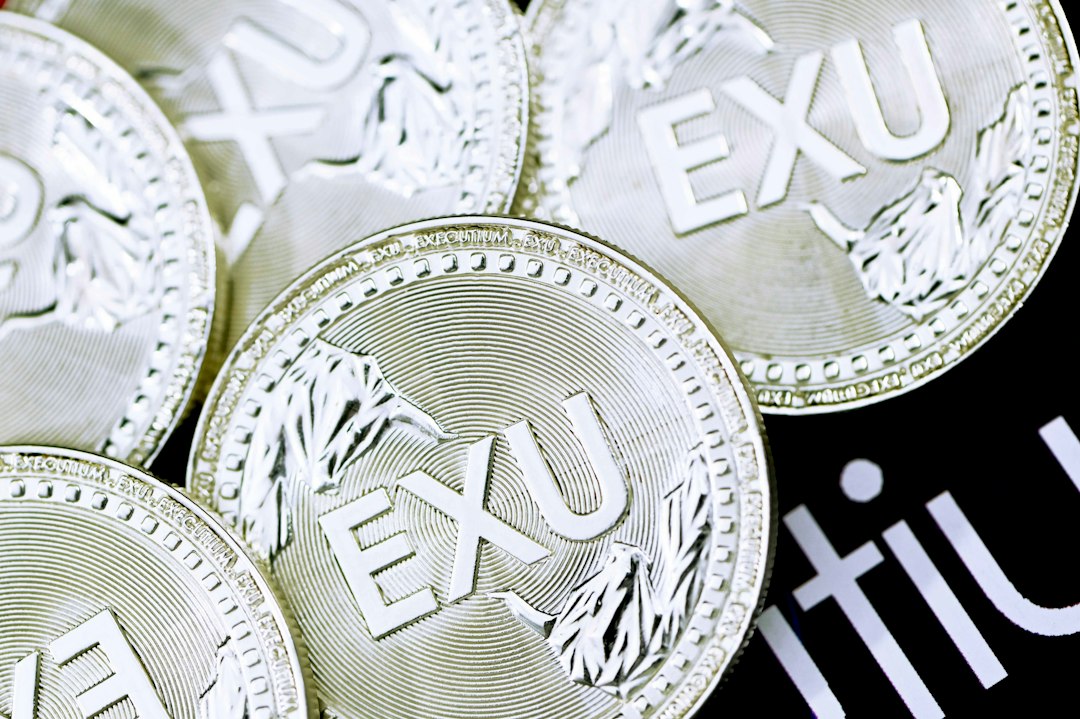The Bank of England and UK Treasury Respond to Consultation on Digital Pound
The Bank of England (BoE) and the UK Treasury have released their response to a consultation paper on the possibility of a digital pound. They concluded that it is too early to determine whether a digital pound is necessary, but they will continue their research and design efforts for a central bank digital currency (CBDC).
Further Preparatory Work Justified
The BoE and the Treasury stated that they believe further preparatory work is warranted to respond to developments in the payments landscape and reduce the lead time if a decision is made to introduce a digital pound. They also mentioned that the potential launch of a digital pound would not occur before 2025.
Addressing Privacy and Trust Concerns
The consultation response addressed concerns about privacy and trust associated with a digital pound. The BoE and the Treasury stated that these concerns would be addressed through new legislation, emphasizing that primary legislation would be introduced before any digital pound was launched. Additionally, they confirmed that personal data of users would not be accessible to either institution if a retail CBDC was introduced.
Building Trust for the Future
Bank of England Deputy Governor for Financial Stability Sarah Breeden emphasized the importance of building trust in all forms of money. She stated that introducing a digital pound would be a significant decision for the future of money, and it is crucial to gain public and business support for its implementation.
Potential Digital Pound’s Role
The consultation response highlighted that a digital pound would ensure central bank money remains accessible and useful in an increasingly digital economy, supporting monetary and financial stability in the UK. It would also provide a platform for private-sector innovation, fostering competition, efficiency, and choice in payments. However, the response emphasized that a digital pound would not replace cash, as banknotes and coins are still important to many individuals.
Conclusion
The BoE and UK Treasury have responded to the consultation on a digital pound, stating that further preparatory work is necessary before a decision can be made. They addressed concerns about privacy and trust through new legislation and confirmed that personal data would not be accessible to either institution. The majority of responses focused on societal implications such as the future of cash and user privacy. A digital pound would support monetary stability and promote innovation in payments while coexisting with physical currency.





 By
By
 By
By
 By
By


 By
By